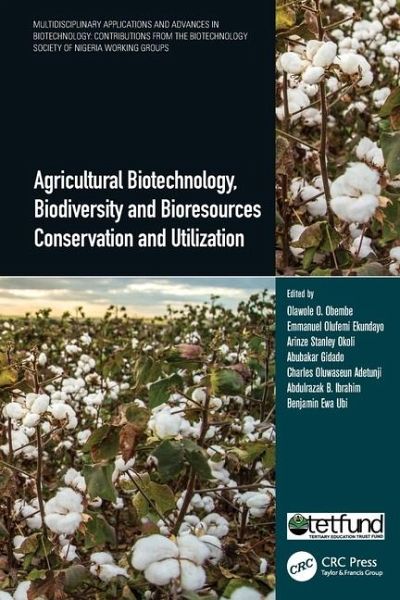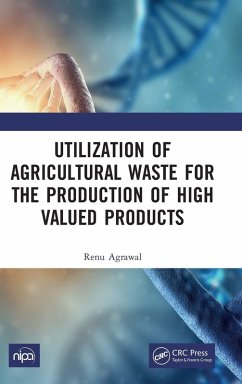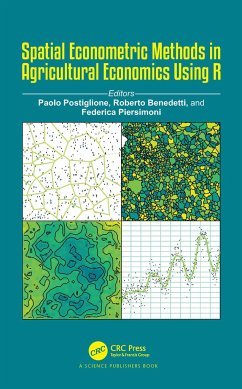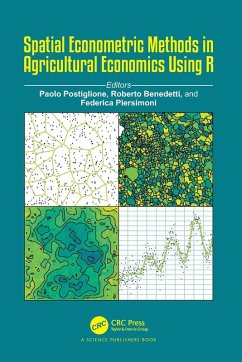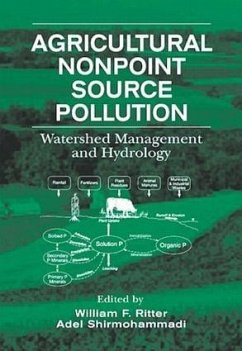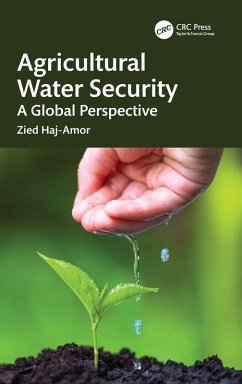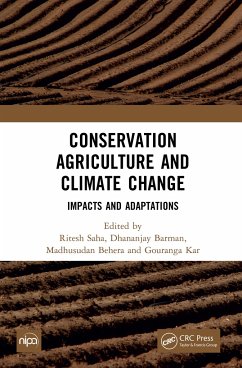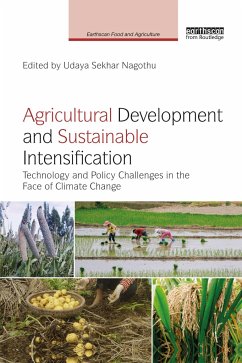Olawole Obembe, Ph.D. is Professor of Plant Biotechnology & UNESCO Chair, Plant Biotechnology, Covenant University Ota, Nigeria Emmanuel Olufemi Ekundayo, Ph.D. is Associate Professor of Medical Microbiology and Microbial Genetics, Michael Okpara University of Agriculture, Umudike, Nigeria Arinze Stanley Okoli, Ph.D. is an Associate Professor at Genoek - Centre for Biosafety, Universitetet II, Breivika, Tromsoe, Norway Abubakar Gidado, Ph.D. is a Professor of Biochemistry and Director North-East Zonal Biotechnology Centre of Excellence at University of Maiduguri, Nigeria Charles Oluwaseun Adetunji, Ph.D. is Associate Professor of Microbiology and Biotechnology, & Director of intellectual Property and Technology Transfer, Edo State University Uzairue, Nigeria Abdulrazak Ibrahim, Ph.D. is a Capacity Development Expert at the Forum for Agricultural Research in Africa (FARA), and Associate Professor of Biochemistry, Ahmadu Bello University, Zaria, Nigeria Benjamin Ewa Ubi, Ph.D. is Professor of Plant Breeding and Biotechnology & Director, Biotechnology Research and Development Centre, Ebonyi State University Abakaliki, Nigeria
